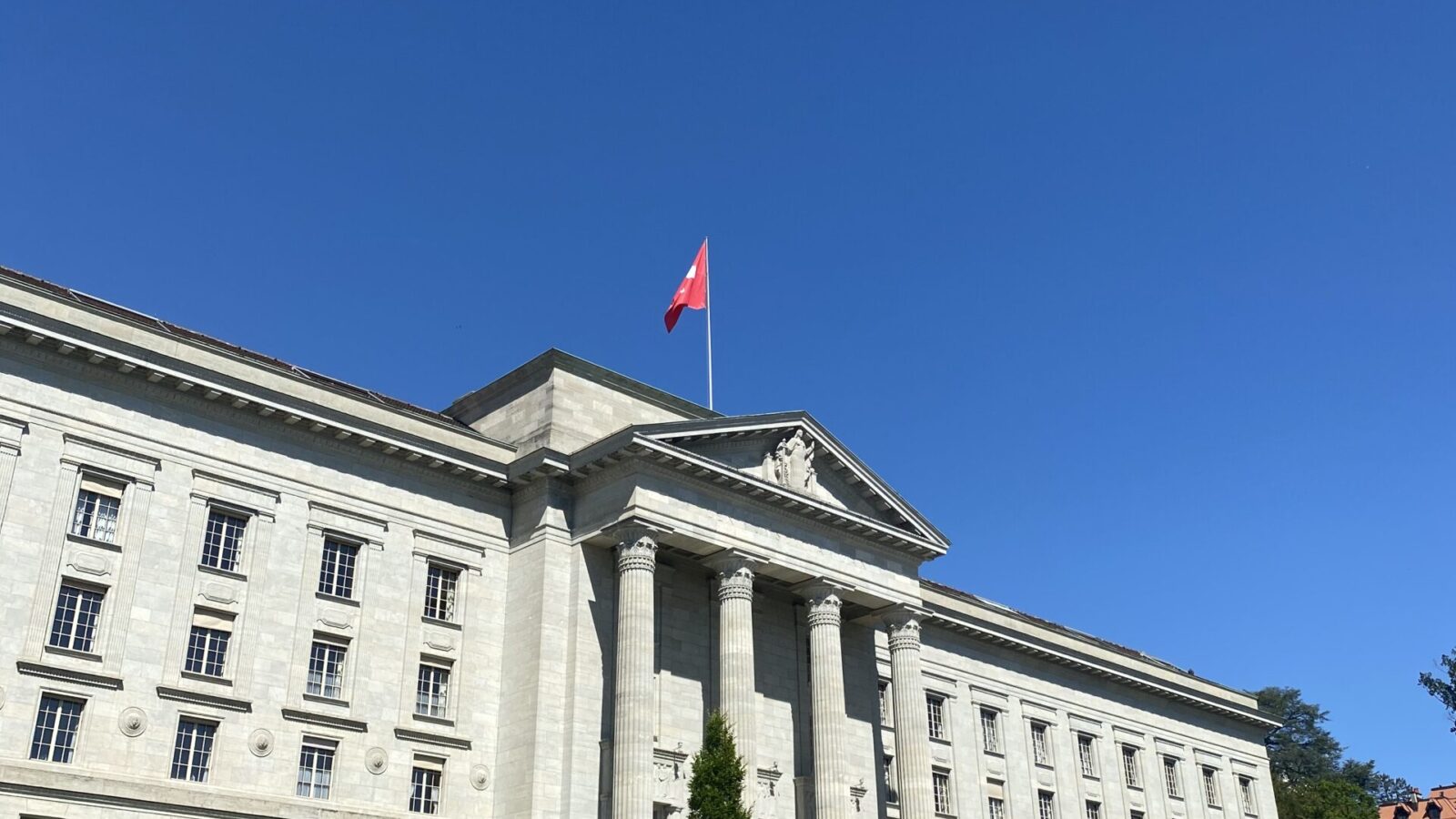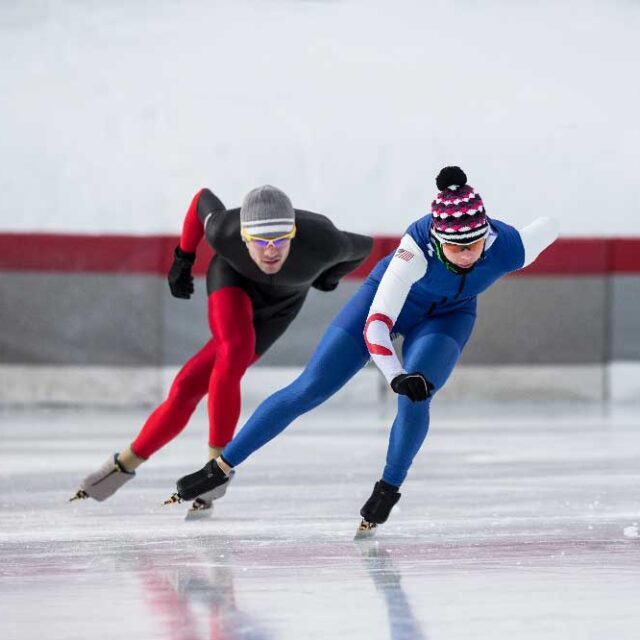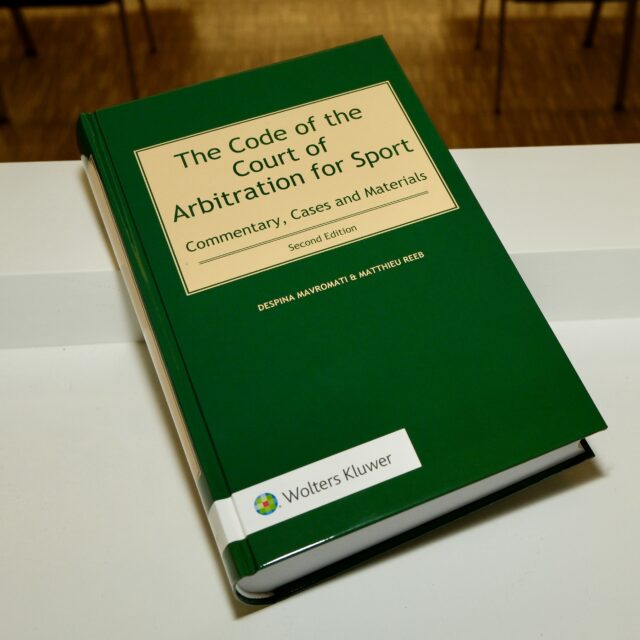4A_442/2023, judgment of 11 January 2024, A. v. WADA) & RUSADA, motion to set aside the CAS Award 2021/A/8263 & 8381
In this doping-related case, the sample of a Russian wrestler (the Athlete) had been first tested negative by the Moscow Laboratory (accredited by WADA) in 2015. Following WADA’s request, the sample was re-examined in April 2020 and showed the presence of a prohibited anabolic steroid. This led to the issuance of a notice of charge in May 2020 and the subsequent acquittal of the Athlete by the RUSADA Disciplinary Commission.
This decision was subsequently challenged by both RUSADA and WADA before the Court of Arbitration for Sport (CAS). The Sole Arbitrator appointed ordered the consolidation of both proceedings, held a hearing and issued its decision, admitting both appeals. The Sole Arbitrator found that the Athlete had violated the RUSADA anti-doping rules and issued a four-year suspension from the notification of the decision (after deducting any provisional period served by the Athlete) and disqualified his competitive results from 2015 until 2020.
In his subsequent motion to the Swiss Federal Tribunal, the Athlete filed a request for a stay of the appealed decision that was rejected.

Determination of the “reasonable time limit” to render a CAS award
The SFT also examined the issue of the time limits to render a CAS award within scope of public policy: pursuant to the time limit enshrined in Article R59 para. 5 of the CAS Code, the Panel has 3 months from the transfer of the file. In the case at hand, the Sole Arbitrator had received the files in May 2022 and issued the award in July 2023, 9 months after the hearing and 8 extensions of the time limit. What is more, the CAS never informed the Athlete of the reasons that the extensions were granted notwithstanding his request to this effect.
The SFT held that the delay of the proceedings can, under conditions, violate procedural public policy and referred to previous case law in which it found that the conditions were not met (4A_22/2023 of 16 May 2023, at 7.3.2; 4A_668/2020 of 17 May 2021, at 4.2). In determining whether the case was decided within a “reasonable time limit”, it is necessary to consider the totality of circumstances, the legal and factual complexity of the matter, the nature of the procedure and the stakes for the parties, as well as their conduct during the proceedings. The case at hand presented a certain level of complexity including the consolidation of the proceedings and the hearing of several experts. What is more, the Athlete had himself contributed to the delay of the procedure requesting several extensions and never complaining about the extensions, reason why the duration of the proceedings in this case could not be considered as excessive and thus leading to a violation of procedural public policy as per Article 190 (2) e Swiss Private International Law Act (PILA).
Difficulty in finding an expert in doping-related proceedings and alleged violation of the equality of the parties
The SFT also examined the plea of violation of equality of the parties, as the Appellant invoked difficulties in finding a scientific expert to comment on the sample analysis conducted by the Lausanne Anti-Doping Laboratory. This argument was found to fall outside the scope of Article 190 (2) d PILA, as it did not criticize how the Sole Arbitrator conducted the proceedings but rather deplored the Athlete’s difficulties in finding an expert based on the applicable rules (the WADA Code). In any event, this argument was dismissed also because the Athlete, notwithstanding his difficulties, had eventually managed to find experts in the CAS proceedings.
Concluding remarks
Even though this judgment is not a groundbreaking one, it still shows that the time limit to issue an award in a sports-related matter is a sensitive issue that is subject to the scrutiny of the Swiss Federal Tribunal (SFT) through the prism of procedural public policy. The judgment reiterated several of the considerations of a previous, relatively recent SFT judgment that also related to a CAS award (see my note here) and confirmed that the “reasonable delay” must be assessed by taking into account the totality of circumstances rather than the actual length of the proceedings or the extensions to the time limit to issue the decision.







